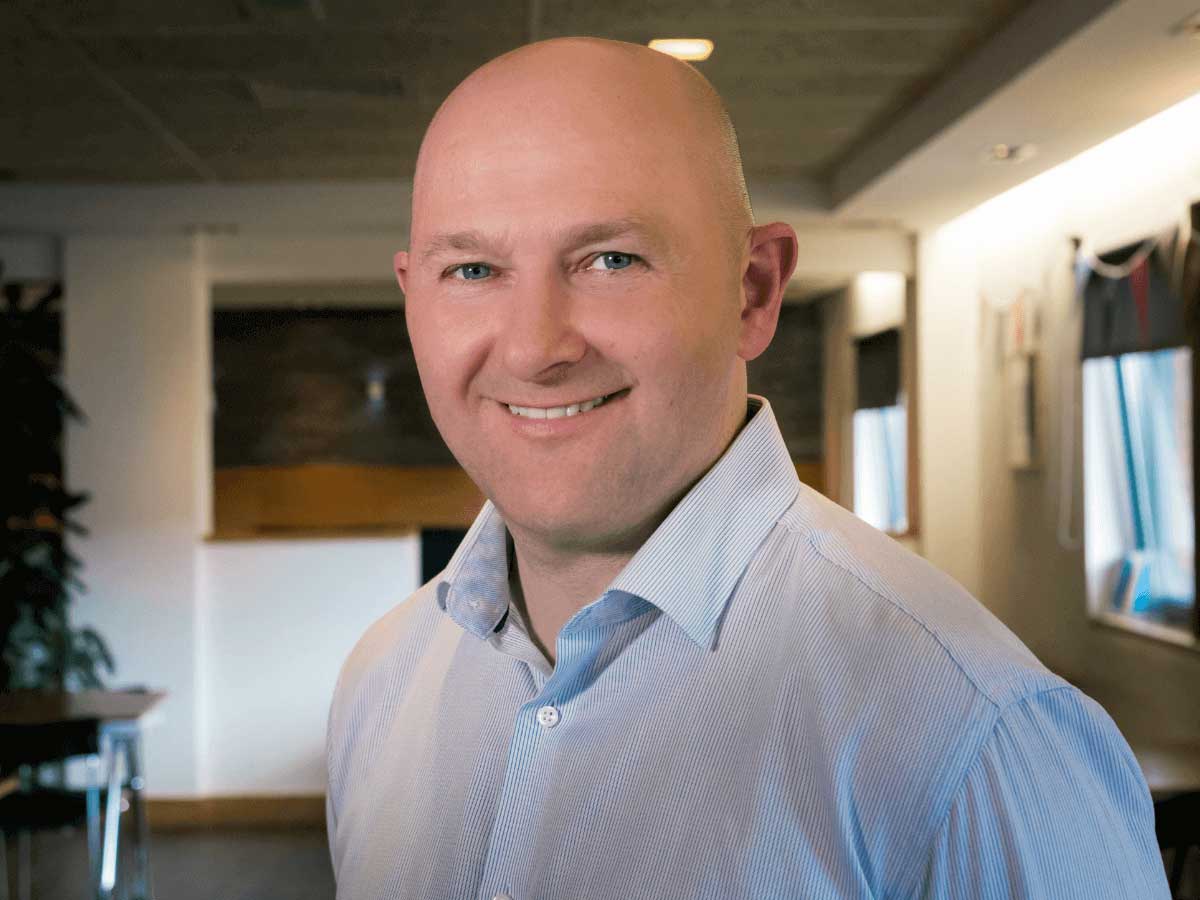Getting the job you want is a big deal. You might get a salary increase, a new title or a greater challenge. You want to get it right first time.
Competency or behavioural interviews are used by multinationals and government bodies and are becoming more popular every year. The whole concept behind this style of interviewing is that it attempts to take any bias out of the interview process (so instead of you benefiting or not benefiting from knowing the interviewer, you will be judged upon how well you answer questions around the competency of the job).
At this stage, you are probably asking yourself, what is a competency?
According to the CIPD (HR Professional Body) ,“Competency’ and ‘competencies’ may be defined as the behaviours (and, where appropriate, technical attributes) that individuals must have, or must acquire, to perform effectively at work – that is, the terms focus on the personal attributes or inputs of the individual.”
Basically, the short answer is behaviours or skills.
So how does it work?
It directly asks questions about particular competencies. These competencies are based upon the job role that you are applying for. Competencies could include: Decision Making, Problem Solving, Leadership, Communication, Data Analysis… anything that is relevant and important in a job.
Using the STAR method to answer competency questions:
Competency interviews require interviewees to answer the questions in a certain format.
The answering style is called the STAR method.
If you follow these rules or approach, you will perform well in a competency style interview.
- S – Situation (what the situation was – problem identified, change needed). Describe the situation that you were in or the task that you needed to accomplish. You must describe a specific event or situation, not a generalized description of what you have done in the past. Be sure to give enough detail for the interviewer to understand. This situation can be from a previous job, from a volunteer experience, or any relevant event.
- T – Task (the means to resolve or create (e.g: our IT systems were running slow or inefficiently and we needed to identify why and how we could improve them).
- A – Action (what you did “I designed / proposed / organised / set up / changed…) Describe the action you took and be sure to keep the focus on you. Even if you are discussing a group projector effort, describe what you did — not the efforts of the team. Don’t tell what you might do, tell what you did.
- R – Result (the effect your contribution had). What happened? How did the event end? What did you accomplish? What did you learn? Metrics are very useful here to prove your action had some impact.
3 Golden Rules to answering the questions:
The example you use must be:
- In the PAST (not a future event or what doing now… from the past)
- Something YOU did …. so you begin sentences with “I was etc etc ”
- SPECIFIC … (it must be a real event or thing … no generalising)
If you don’t stay within these guidelines, the interviewer might ask you for another example until eventually you can’t find a relevant answer and they will write “Zero” for that section.
How HR rate it depends upon:
- (A) Strength … how impactful the example is in context
- (B)Frequency …. was it a regular occurrence
The higher the impact of what you did, the better the rate. For example, Decision Making. Deciding yesterday to have coffee instead of tea will be rated far lower than deciding to change country to continue your career.
At this stage of the question, HR sometimes might have a follow through question like:
“What did you learn from that situation”
“What would you have done differently/better?”
“What else could have been improved?”
These questions are designed to see if you can apply the learning from the situation to a different situation.
The key to performing well at behavioural interviews is preparation.


